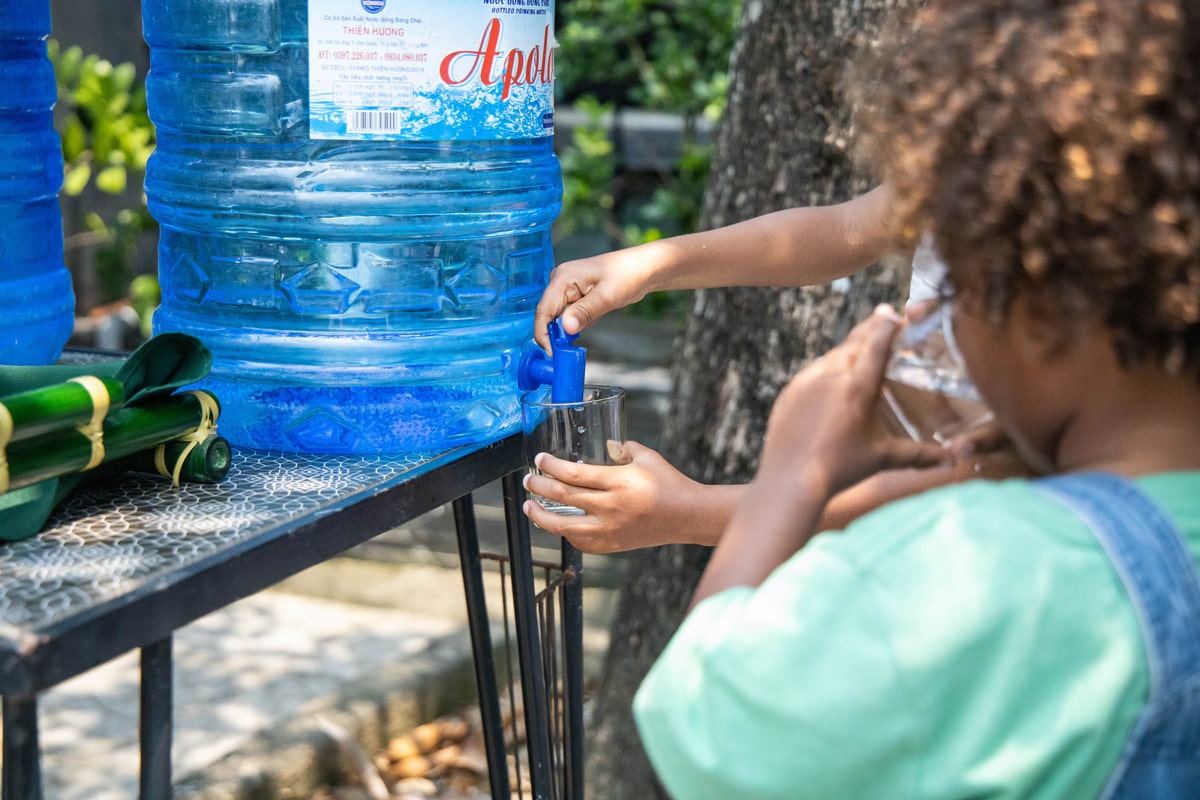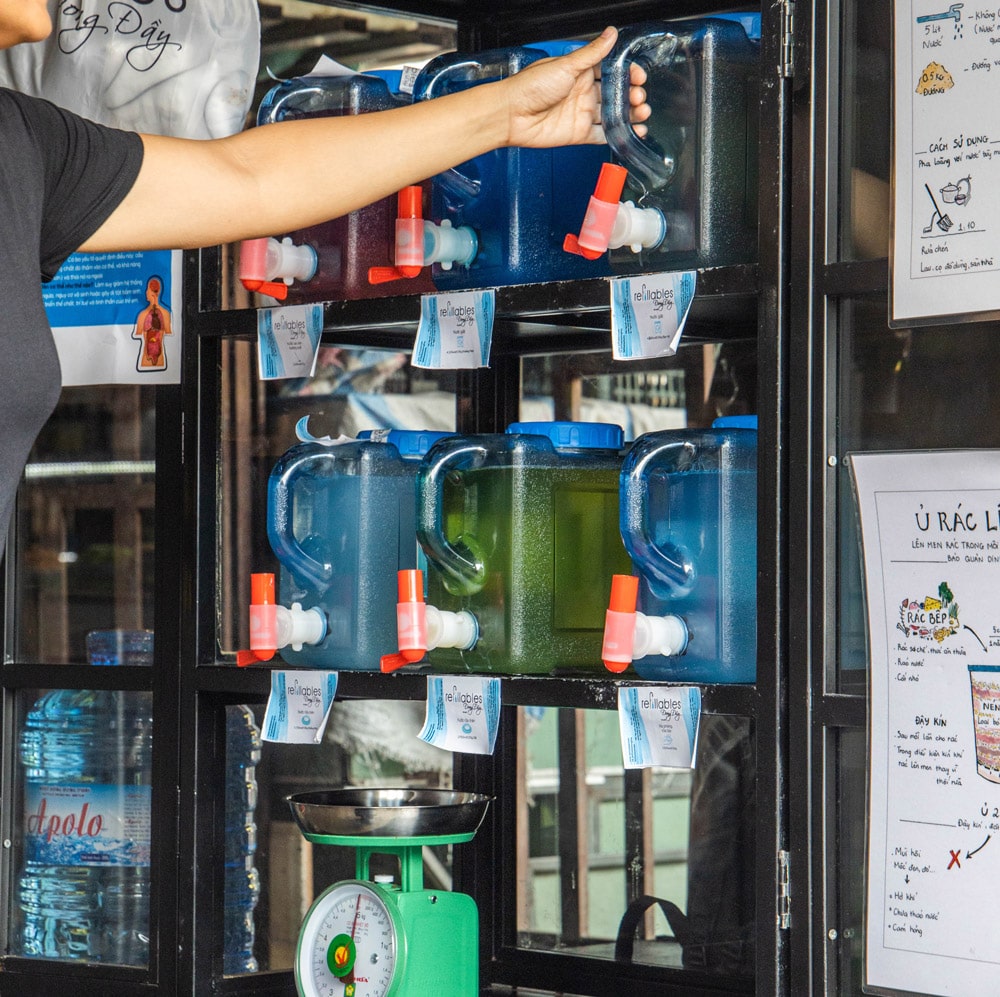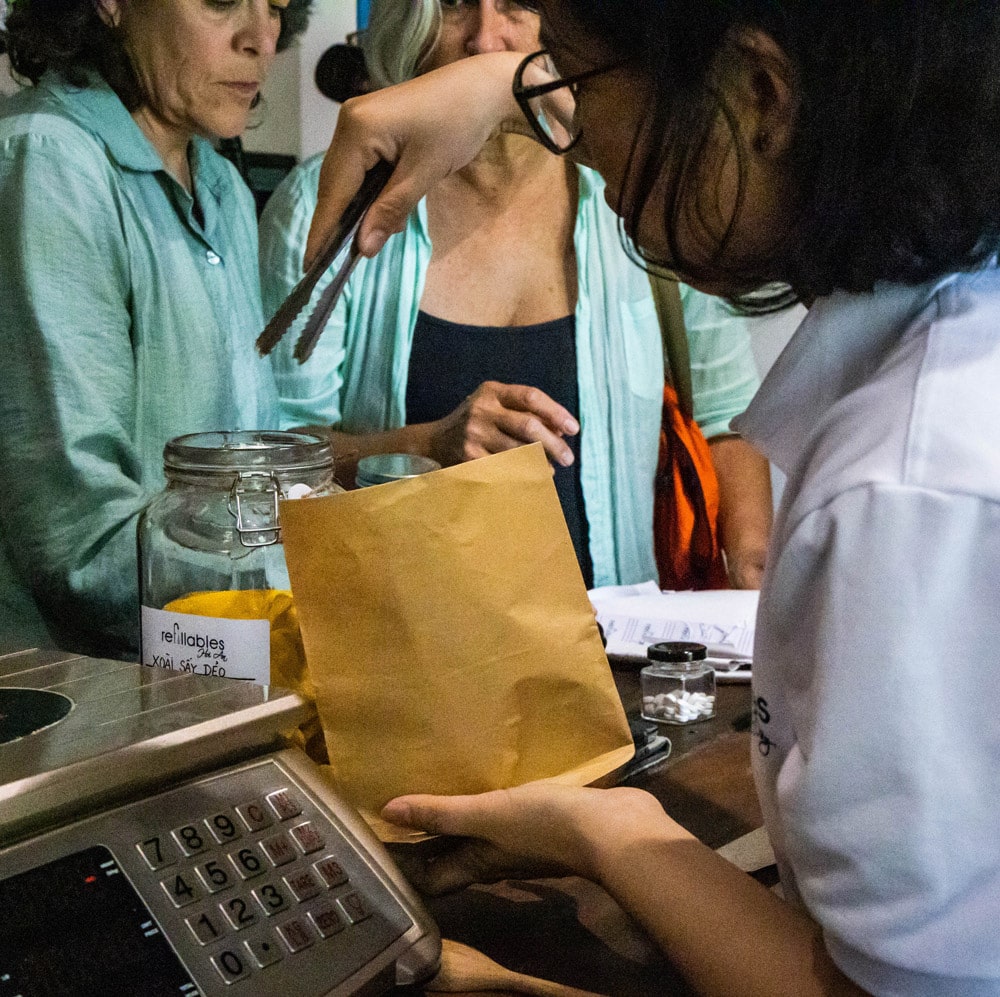Making Reuse a Reality: A systems approach to tackling single-use plastic pollution
Break Free From Plastic, Flotilla Foundation | 2023
Researchers are urging that reuse systems are prioritised as a key solution to reduce the severity of the plastic pollution crisis. Translations








